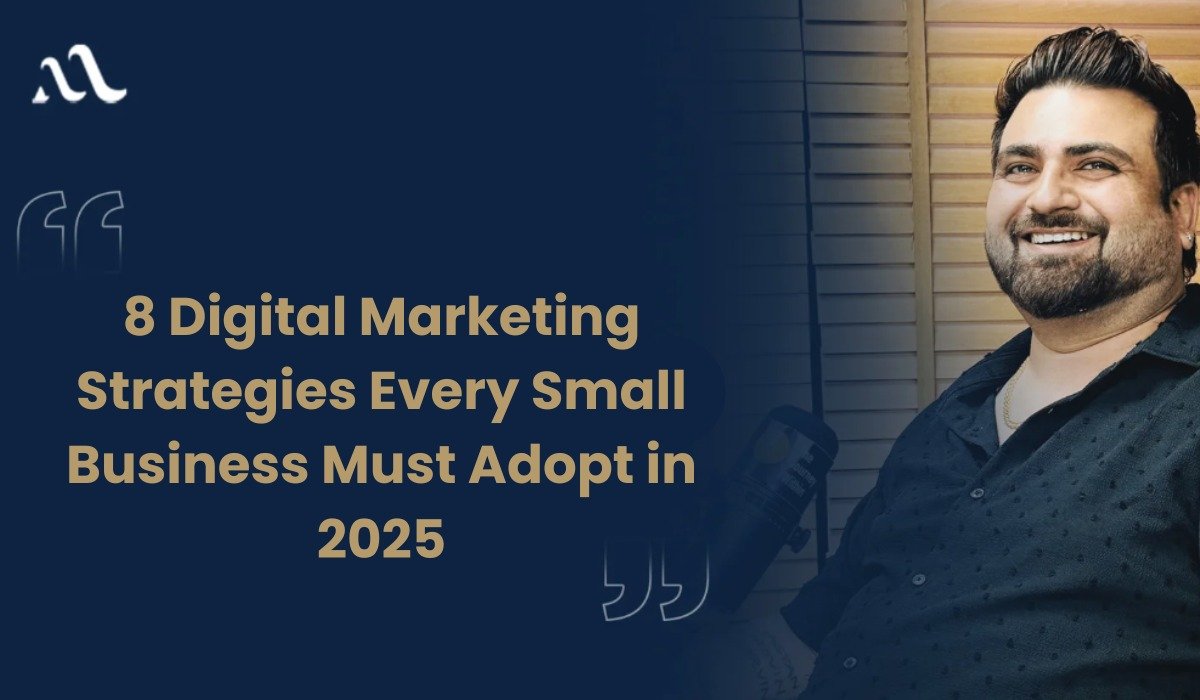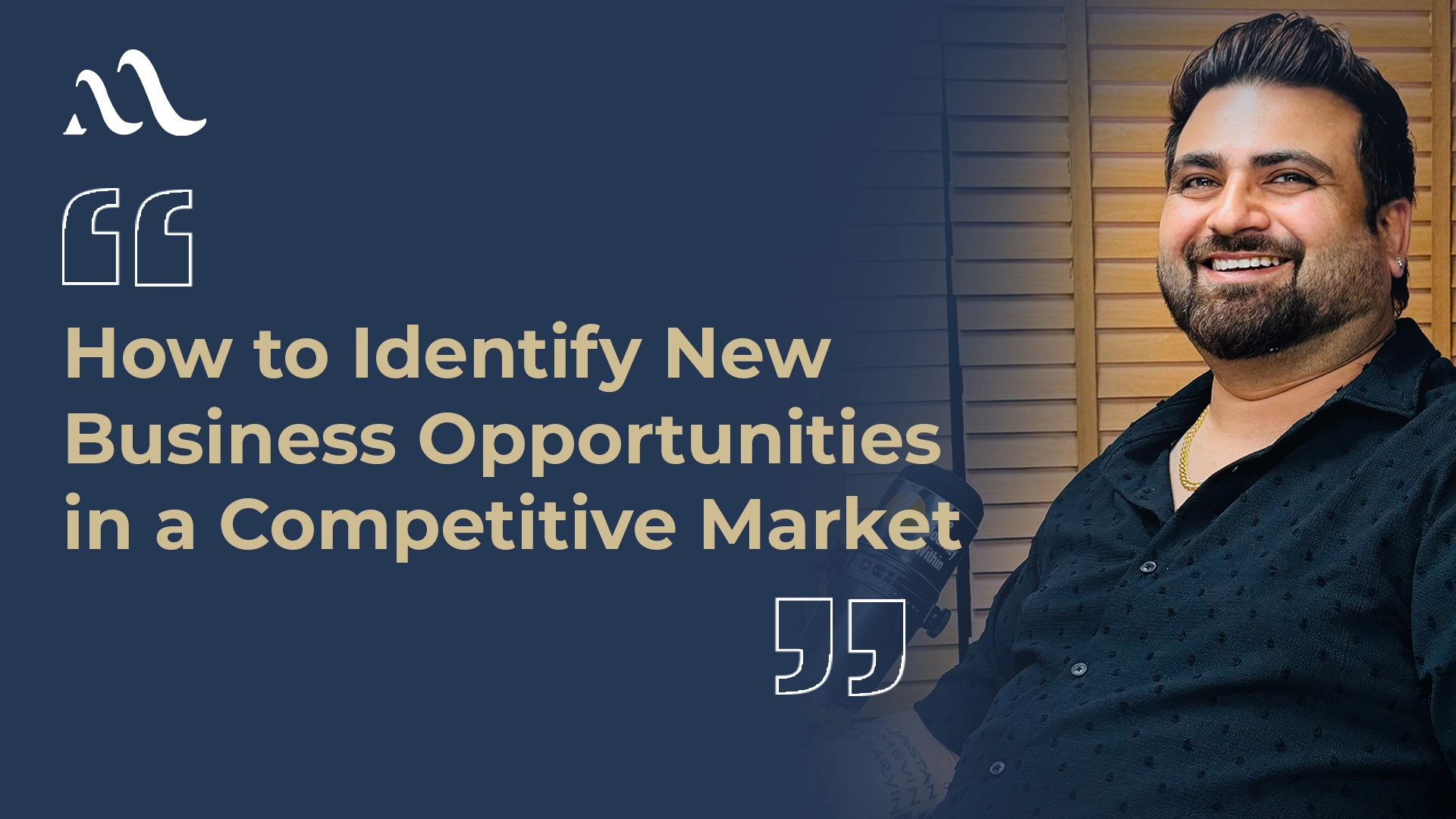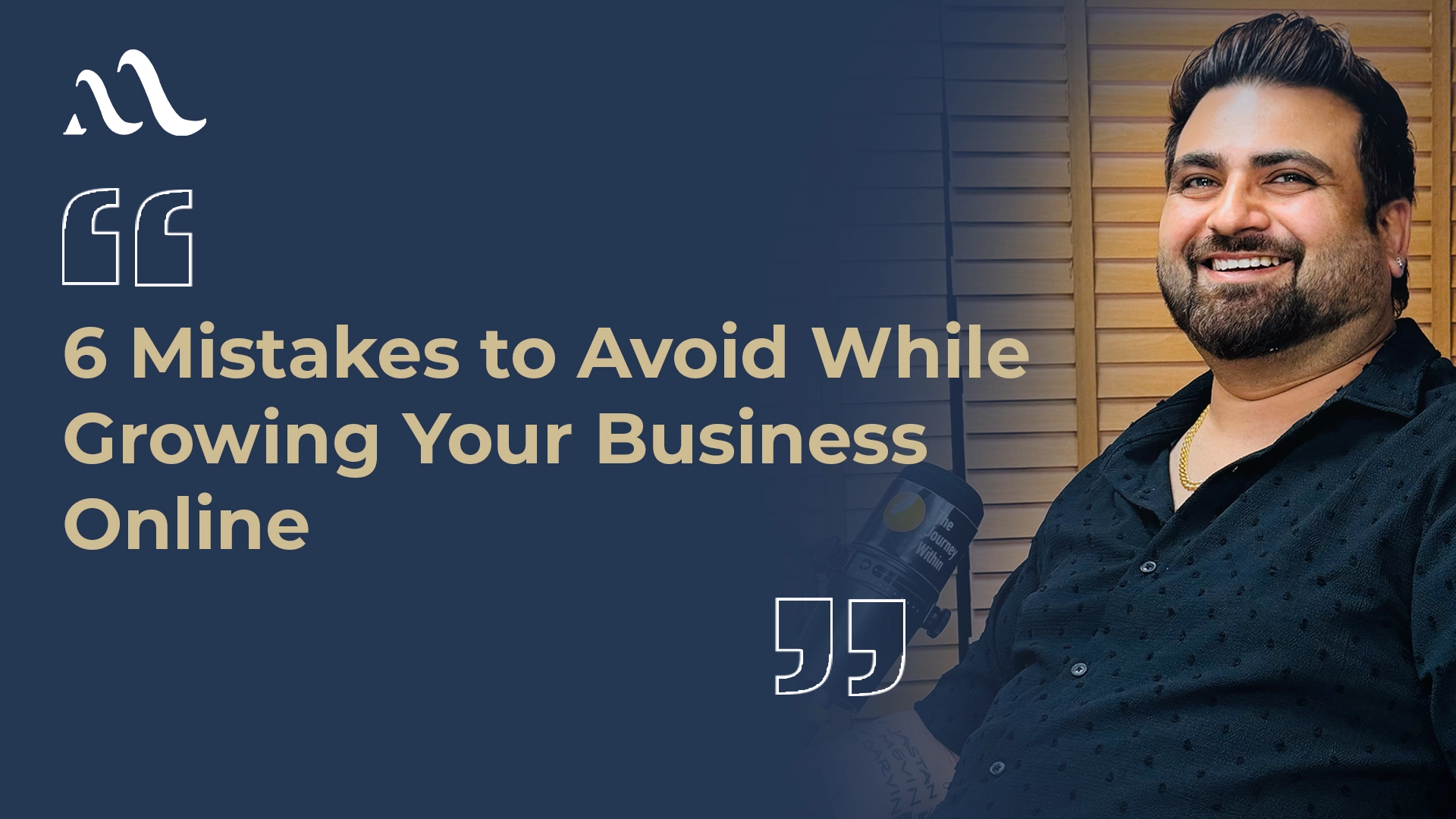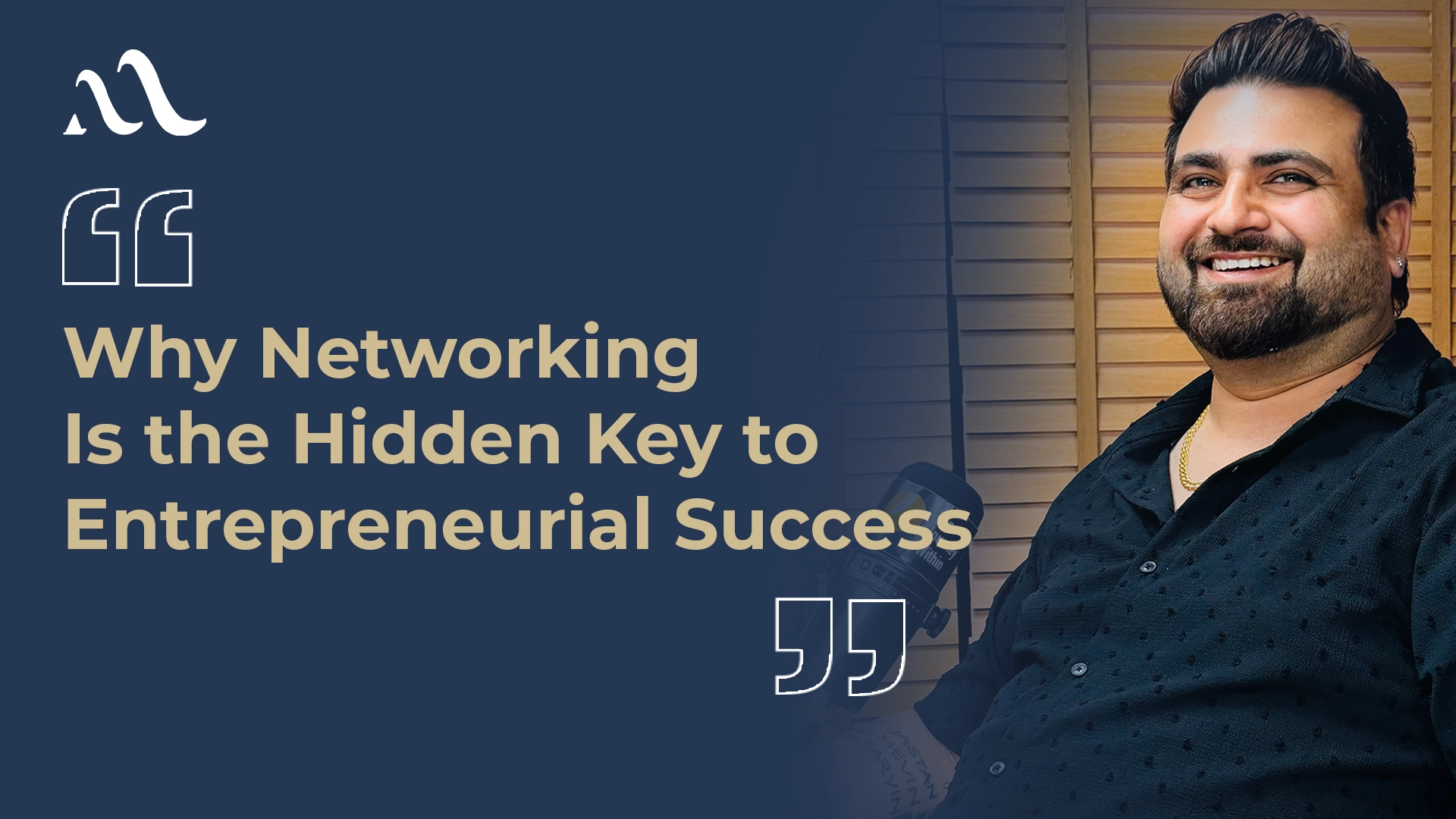Artificial Intelligence (AI) is not the future of marketing’s an integral part of the current. From personalized suggestions on Netflix to prescriptive advertisements for Instagram, AI is transforming the way brands communicate. Instagram, AI in digital marketing is changing how businesses communicate, transform, and connect.
However, while some businesses are still trying to figure out how to utilize it, most successful ones have already seen the benefits through the use of AI to better understand how people behave, as well as improve customer service and expand faster than before.
Let’s take a look at the ways clever companies use AI in the present, not only for automation, but also to increase human creativity and innate intelligence.

Understanding AI in Digital Marketing
In essence, AI in digital marketing refers to the use of intelligent systems that analyse data, anticipate patterns, and automate decision-making to boost the efficiency of marketing.
It encompasses everything from chatbots to predictive analytics, to tools for creating content as well as visual recognition tools. AI can process massive amounts of data in a matter of seconds, allowing marketers to determine what their customers’ needs areoften before they declare it.
Shortly, AI does not replace humans as marketers, but it allows them to make faster, better and more informed choices.
Why AI Is Transforming Modern Marketing
AI has altered the rules of engagement in digital media. The traditional method of broadcasting a single message to everyone has gone. Modern consumers want personalized, precise, and immediate responses, all of which AI provides easily.
Here’s how:
- Personalization Artificial Intelligence tailors each advertisement, message, or recommendation to your personal preferences.
- Automation: Automated repetitive tasks, such as email sorting or even campaign scheduling, occur by themselves.
- Forecast: AI anticipates user behavior and buying intent based on past data.
- Information: Brands get a deeper understanding by using real-time analytics and audience segmentation.
Through these tools, companies are shifting away from traditional marketing that is reactive to proactive and predictive marketing.
Also Read: The Invisible UX: How User Experience Impacts SEO & Brand Perception
How Smart Brands Are Using AI Right Now
Innovative companies aren’t awaiting the next major AI technology – they’re already using it to make a difference in their business.

1. Hyper-Personalized Campaigns
AI assists brands in sending the correct message to the appropriate user at the correct moment.
Netflix recommends shows, Spotify curates playlists, and e-commerce sites such as Amazon recommend products based on AI algorithms that can learn user preferences over time.
This kind of personalization creates trust, loyalty, and higher conversion rateswhich is something that manual marketing would not achieve on a massive scale.
2. Predictive Customer Insights
AI tools look at the data of customers — their history of browsing, interaction and feedback to determine what they’ll do in the future.
Smart brands make use of these predictions to create marketing strategies that anticipate requirements rather than responding to them.
Imagine being able to know when your client is ready to purchase or upgrade, or to quit — and then being able to take action immediately. This is the potential in predictive technology.
3. AI-Powered Content Creation
From creating social captions to coming up with blog topics, AI tools like ChatGPT, Jasper, and Copy.ai assist marketers in making their content more efficiently and with greater intelligence.
But the top brands don’t depend on AI by itself. They combine the power of machines with human emotions.
AI provides structure based on data, and human creativity provides the soul. The result? Engaging emotional content that is deeply resonant.
4. Voice Search Optimization
Voice assistants such as Siri, Alexa, and Google Assistant have made voice-based marketing the new technological frontier. Smart brands are optimizing their content to work with voice searches by focusing on conversational keywords as well as natural language in order to connect with customers using their voice, and not just via typing.
5. Chatbots and Virtual Assistants
AI chatbots have evolved into virtual brand ambassadors. They can answer queries instantly, help customers make purchases, and offer support 24/7, and all this without being exhausted.
Brands such as Sephora, H&M, and Domino’s make use of AI chatbots that handle thousands of queries per day, and maintain a welcoming and brand-aligned tone.
6. Smart Ad Targeting
There is no longer a need for general, non-targeted advertisements. With AI companies now delivering advertisements that feel custom-made. AI analyzes the demographics, interests, and the online activities to ensure that each ad is seen by the people most likely to take action.
This makes ad spending more efficient and ROI greater -an ideal for every marketer.
7. Visual Recognition Marketing
AI is now able to “see” and “understand” images. Brands make use of visual recognition to study photos on social media, observe logo appearances, or recognize emotions in user-generated content.
This helps marketers assess brand awareness as well as monitor trends and communicate with users visually.

Benefits of AI in Digital Marketing
Brands that leverage AI benefit from an undeniable advantage in competition. Here’s why:
- Enhanced Decision-Making: Real-time analytics help to develop better strategies.
- Better ROI: More precise targeting ensures that every dollar spent yields better outcomes.
- Personalization for scale: AI provides personalized experiences to millions of users simultaneously.
- Faster Execution: Automated tools speed up turnaround times for campaigns.
- Improved Customer Experience: Users have quicker, more relevant, and more regular interactions.
AI does more than make marketing more efficient; it also makes the process much more human by allowing teams to concentrate on creativity and telling stories.
The Human Touch in an AI-Driven World
What smart brands know Technology can predict behavior; however, only humans comprehend emotions. The future of Marketing is the AI and human collaboration, where machines control logic while humans are able to handle emotions. Brands that achieve this equilibrium will always be ahead of the pack, since consumers are not satisfied with just intelligent systems, but genuine experiences.
AI shouldn’t take away your brand’s personality; rather, it is meant to improve it.
Preparing Your Brand for the AI Revolution
Implementing AI isn’t just about embracing trends; it’s about ensuring your brand is ready for the future. Here’s how:
- Learn Your team Training marketing departments to utilize AI tools ethically and effectively.
- Start small: Use AI for one task – email segmentation, analytics, and content recommendations.
- Make It Personal Make sure that no automation takes away your brand’s authentic voice.
- Security of Data Prioritization: Be transparent about the way you collect and process the data of your customers.
- Evaluation of Impact: Not just the numbers, but also emotional engagement, as well as brand loyalty.
Smart adoption refers to making use of AI to improve connectivity rather than substitute it.
Conclusion
AI isn’t meant to replace marketing; it’s designed to make marketing more efficient, intelligent, and compassionate.
Smart brands have already proven that combining AI in digital marketing with human-driven creativity leads to the best results, more loyal customers, better insights, more clear and concise, and more rapid growth.
The main issue isn’t whether your brand should be embracing AI. It’s how fast you can adjust to the changing times before your competition.

FAQs
1. What is the impact of AI changing the way we market?
AI helps brands predict trends, tailor their communications and improve marketing automation for more effectiveness.
2. Are AI replacing human-powered marketers?
No, it boosts the ability to make decisions and improves creativity while performing repetitive tasks.
3. Which industries employ AI marketing the most?
Retail, e-commerce, entertainment, and finance are the most popular adopters.
4. Does AI enhance customer experience?
Absolutely, by providing more efficient, relevant, and more personalized interactions across all channels.
5. Are AI marketing cost-effective for small-sized businesses?
Yes Many AI tools today offer affordable plans for small- and mid-sized enterprises as well as startups.






